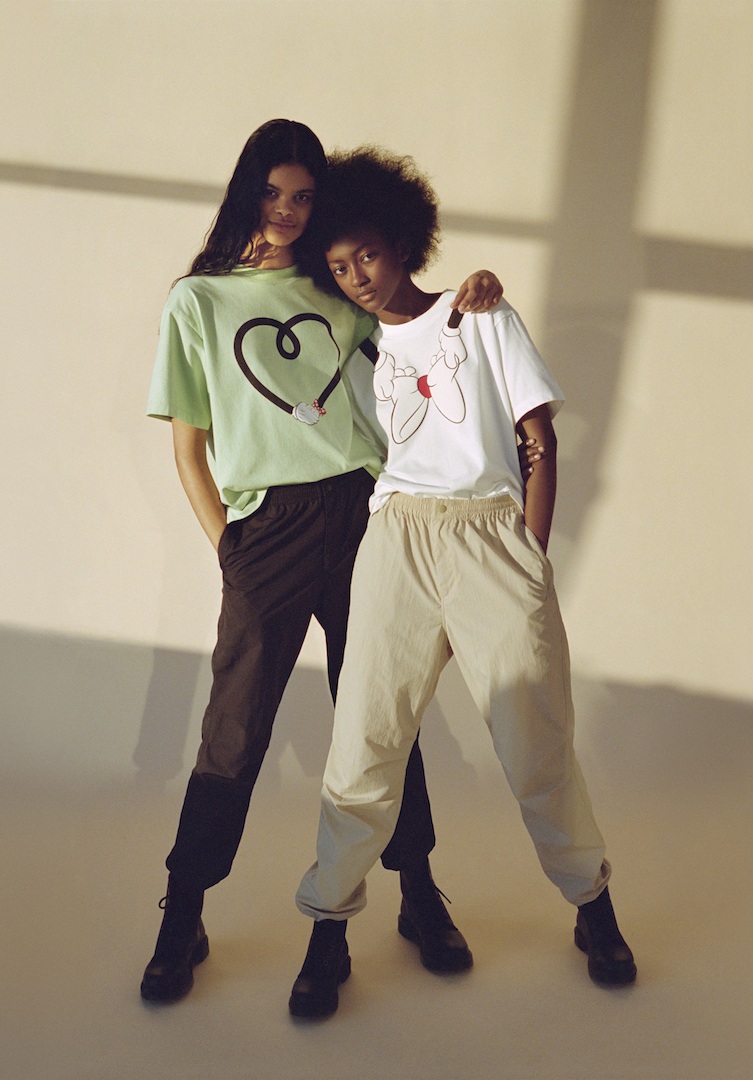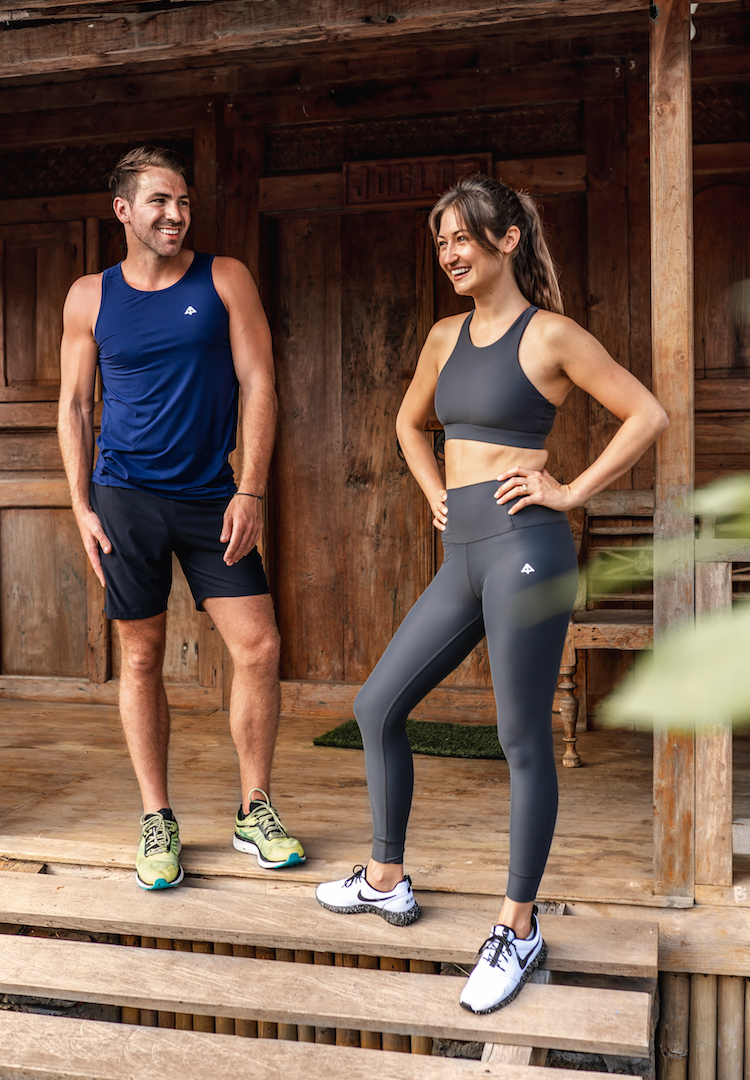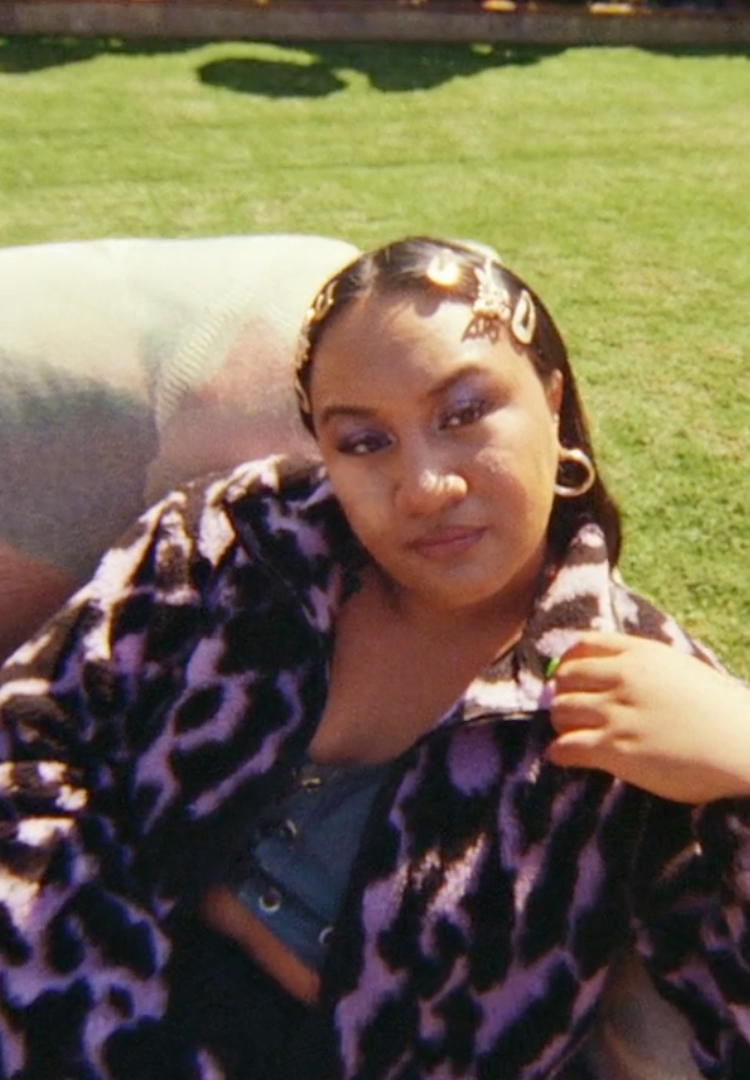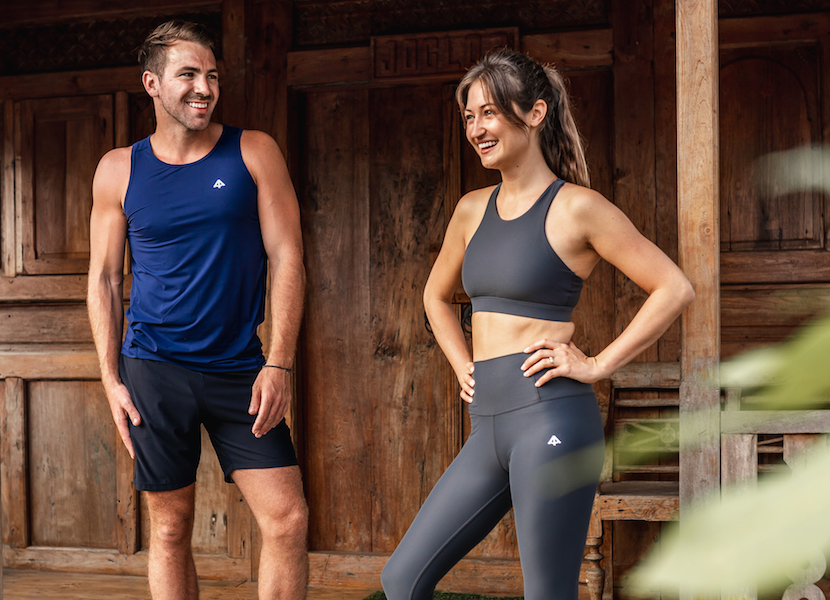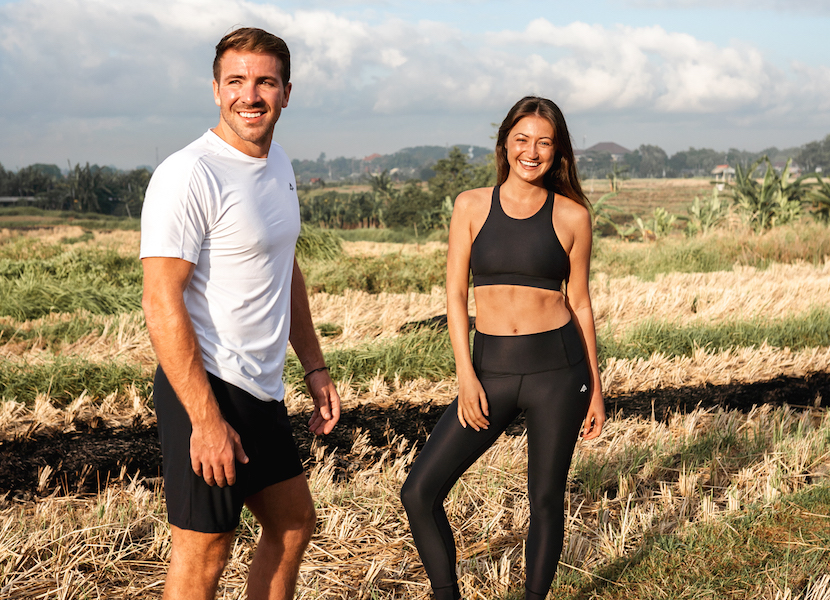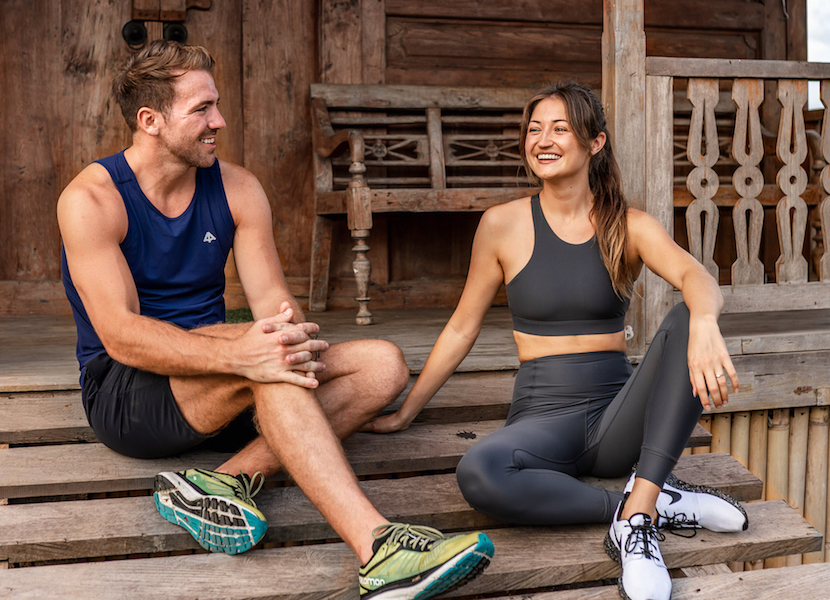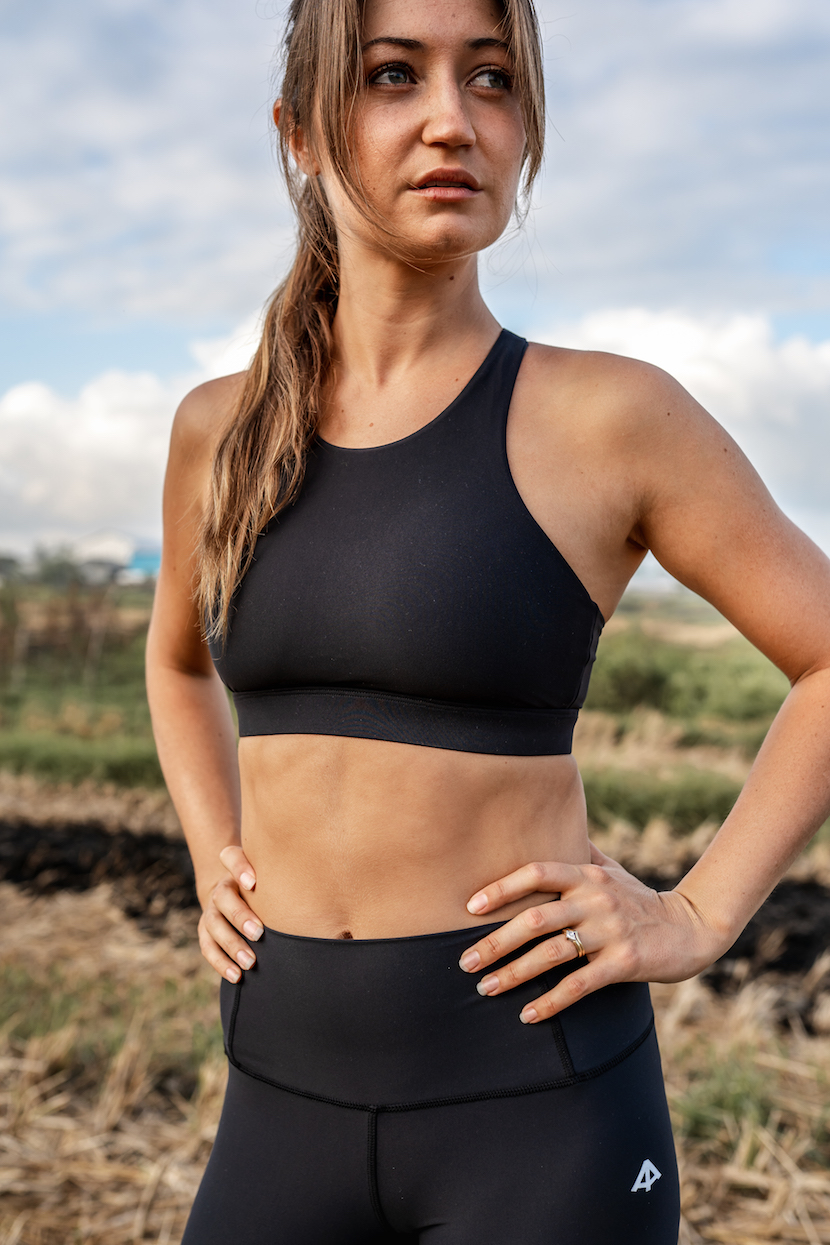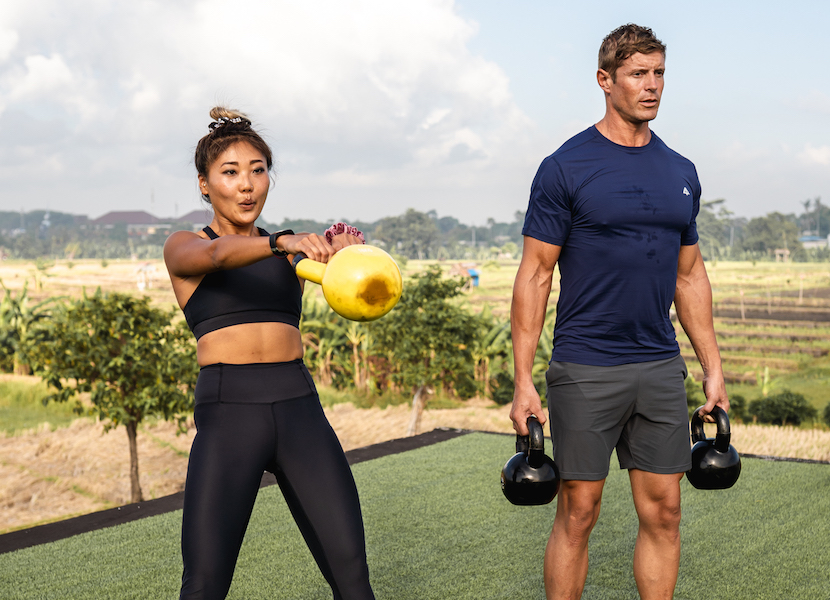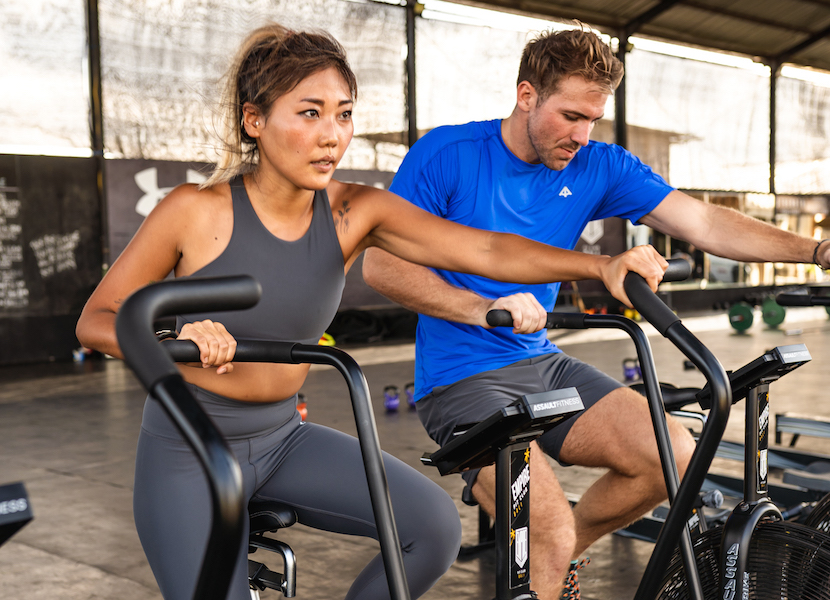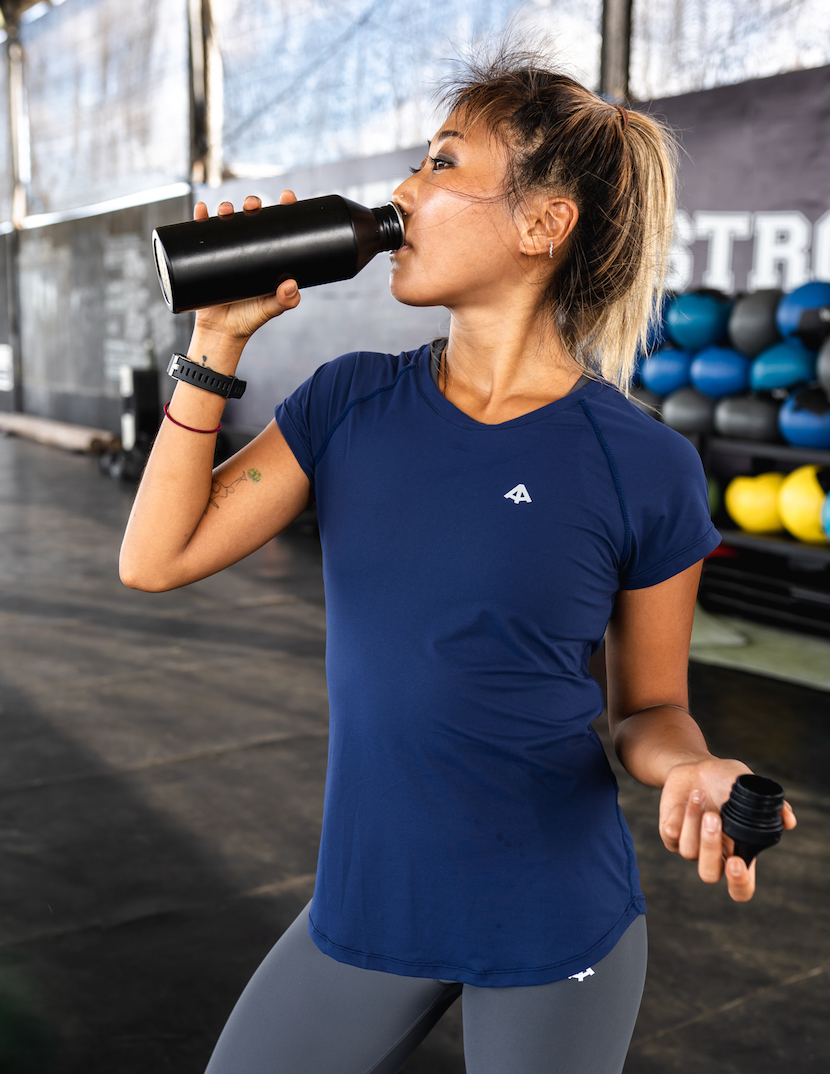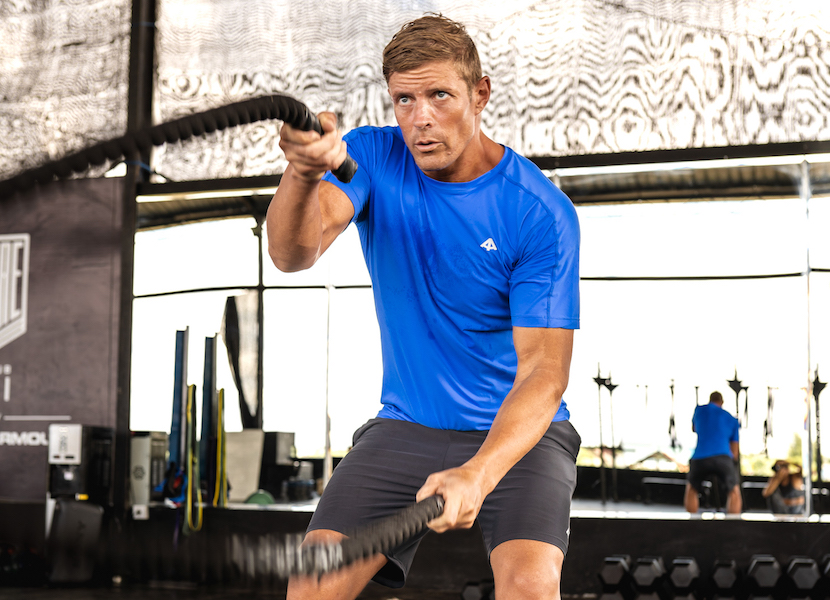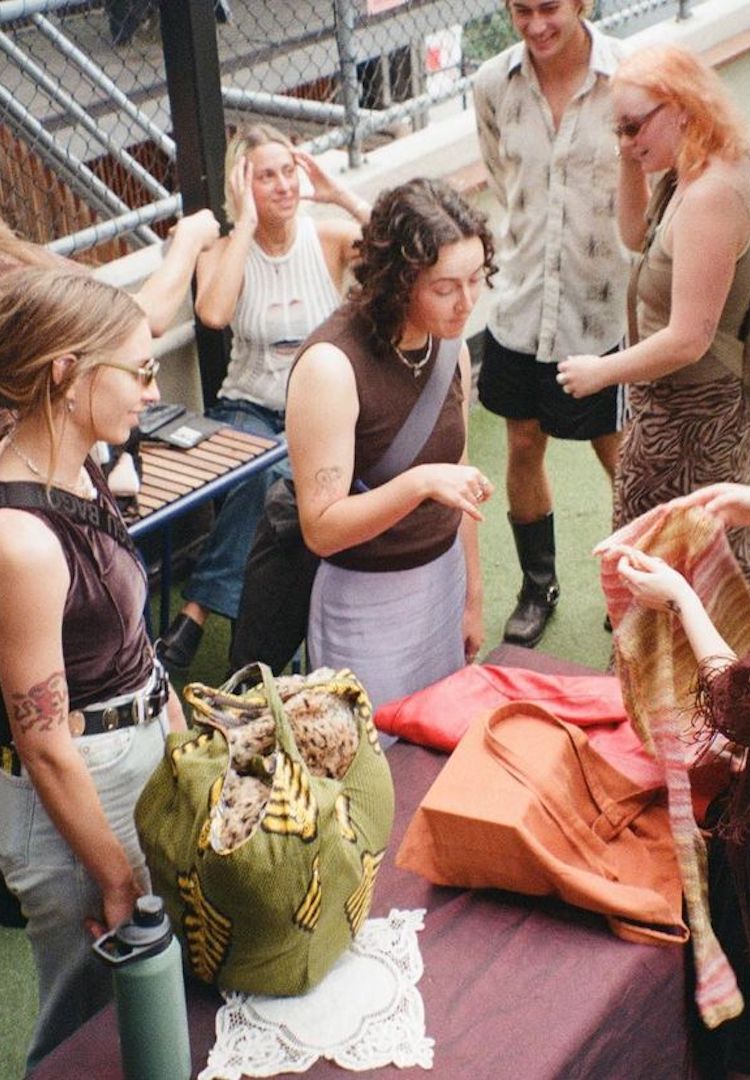The Australian label making sportswear more sustainable than it’s ever been
WORDS BY MARIAH PAPADOPOULOS
When trash becomes treasure.
Not many brands can say their business model is designed to create employment opportunities for marginalised women. Even fewer can say that, on top of this, their entire manufacturing process has been built around sustainable practices from day one.
But Active Apostle can.
Founded in Australia last year, the sportswear brand began development with a focus on sustainable sourcing, ethical manufacturing and transparency in its supply chain. Founder Andrew Abraham says he launched the business with these priorities in mind, setting it apart from other more established labels, who are still pivoting their businesses towards sustainable practice.
“When I think about sustainability, I think it’s something that transcends just the environment. I think about sustainability at its core: being able to continue to do something at the rate you’re doing it without any detrimental effects to other people or other things,” says Andrew.
Active Apostle approaches sustainability across a number of core pillars.
Firstly, its garments are composed of between 78 to 90 per cent recycled materials, thanks to the brand’s partnerships with its Italian supplier.
“They have the technology to take fishing nets and regenerate them into nylon fabric,” says Andrew. “It’s really all about the partnerships that I have… I don’t own the technology that regenerates that fishing net into a fabric, but I put it all together.”
The recycled Italian fabric is then sent to Active Apostle’s factory in Bali where the textiles are sewn into garments.
Apart from using recycled materials, the brand also secures proper treatment of its workers. It makes a point of ensuring they are paid a living wage, and receive health and work benefits.
The transparency of the brand’s manufacturing process and working conditions sets it apart from other big fashion labels whose factory practices are decidedly more mysterious.
“Brands have hidden behind the fact that their supply chains are so complex and so distant and offshore… they somehow have absolved themselves from [taking] responsibility [for] the exploitation that takes place in the developing nations where their clothes are being made.”
Andrew says brands need to be upfront with every stage of their supply chain in order to be accountable.
“They don’t really care about the single mum from Bangladesh who’s trying to support three kids and working 14 to 16 hours a day, and being abused at work, and then not being paid on time and not being paid adequately.”
With no prior experience in fashion, it was rumours of injustice in the industry that drove Andrew to create change.
“I wanted to create a business model where the clothes [would be] made by women who were vulnerable to, or had escaped, sex trafficking. It was a way to give them employment opportunities, not solely women who were already making clothes in garment factories.”
But he hasn’t stopped there. Active Apostle also contributes its proceeds to support the fight against child and sex trafficking. It liaises with an organisation called Dark Bali, which supports those targeted by child and sex trafficking rings.
Andrew says it’s up to shoppers to pay attention to what they are purchasing, and make the right decisions.
“[Brand] transparency is key, definitely. But there’s also the onus on consumers themselves to ask the question, ‘Who made my clothes?’ and to buy more consciously.”
Andrew meets the growing demand for honest and responsible manufacturing by placing cards inside Active Apostle’s compostable mailer packages, with a photograph of the garment workers who made the garment, and their names.
Even the brand’s name is a reflection of its ethos, and its unrelenting commitment to do good.
“I want people to be active, and I want them to be apostles. An apostle is someone who goes out there and spreads that message. It’s a message of sustainability… Everything about the business has that underlying tenet of sustainability.”
This article was made in partnership with Active Apostle. You can start exploring the label more closely here.

